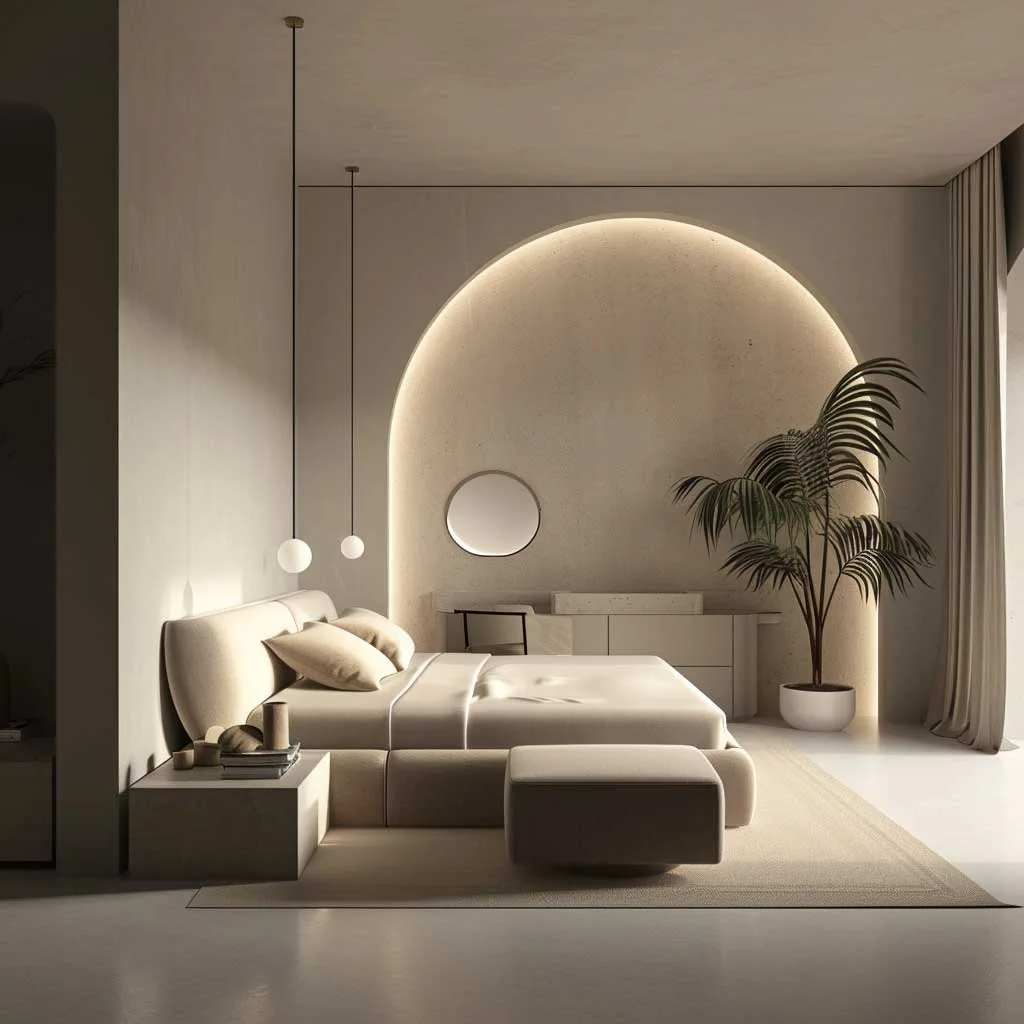Transform Your Home With Vital Concepts of Inside Design and Aesthetic Appeals
By recognizing the impact of shade concept and the significance of structure and patterns, one can produce areas that are not only aesthetically enticing yet additionally deeply individual. Achieving this balance includes more than mere design; it encompasses a strategic setup and a keen understanding of exactly how each aspect engages within an area.
Understanding Color Concept
Comprehending the concepts of color theory permits designers to produce areas that resonate mentally with occupants while meeting practical demands. Each group plays a critical role in establishing harmony within a room.
The mental effect of shades is profound; cozy hues such as reds and oranges stimulate power and heat, while great tones like blues and environment-friendlies promote peace and harmony. The usage of corresponding colors enhances visual rate of interest, creating striking contrasts that can raise a room's charm.
Neutral shades, on the other hand, offer as a flexible background, allowing various other style aspects to beam. It is vital to think about variables such as lighting and the space's objective when picking a color combination, as these can change the assumption of shades throughout the day.
Eventually, a well-considered color design can change a space, promoting a feeling of convenience and style that aligns with the inhabitants' choices. Proficiency of shade theory is, for that reason, an essential skill for any kind of indoor designer aiming to create harmonious and welcoming environments.
Achieving Equilibrium in Design
How can designers achieve a feeling of balance in their areas? Attaining balance in layout is basic to creating harmonious interiors.
Asymmetrical equilibrium, on the various other hand, counts on varying aspects that still achieve a natural look. This technique enables even more dynamic and casual plans, offering interest while maintaining equilibrium. By very carefully choosing varying dimensions, colors, and structures, designers can create an aesthetically compelling area that feels balanced yet energised.
Radial balance emphasizes a main prime focus with aspects emitting exterior. This style is typically seen in circular formats, where furniture and design develop a cohesive surround that attracts the eye internal.
Eventually, accomplishing balance calls for thoughtful factor to consider of scale, percentage, and the connections between components. miami luxury interior design. By skillfully applying these balance concepts, developers can change areas into environments that feel both visually pleasing and functionally unified, boosting the total experience for owners
Importance of Spatial Recognition

An eager sense of spatial recognition enables developers to identify prime focus within a room, leading the visitor's focus to crucial features while maintaining an overall sense of unity. It likewise helps in the tactical placement of lights, which can significantly affect the assumption of room and mood. Understanding spatial connections enables the designer to cater to the specific demands of citizens, guaranteeing that each location offers its designated function without endangering aesthetics.
Inevitably, spatial understanding is essential for official source optimizing the possibility of any type of interior room. By very carefully considering the interaction in between measurements, design, and feature, designers can develop atmospheres that not just meet functional requirements yet additionally evoke a sense of convenience and beauty, boosting the total living experience.
Including Structure and Patterns
Welcoming a diverse variety of textures and patterns can substantially enhance the aesthetic and responsive appeal of an indoor room. The tactical use of different products-- such as timber, steel, textile, and rock-- produces depth and passion, making an area feel a lot more welcoming and dynamic. As an example, integrating smooth surfaces with rough structures can develop a balance that attracts the eye and engages the detects.
When including patterns, take into consideration both range and repetition. Large patterns can act as centerpieces, while smaller, refined designs can complement various other aspects without overwhelming the space. Layering patterns, such as pairing flower cushions with striped throws, adds complexity and a feeling of consistency if performed attentively.
It is additionally crucial to keep a natural shade combination, guaranteeing that textures and patterns collaborate rather than complete for focus. By choosing a few vital appearances and patterns, you can produce a merged visual that mirrors your personal design while boosting the overall ambiance of the space. Ultimately, the mindful unification of these elements can change a mundane room into an advanced setting abundant with character and heat.
Individualizing Your Area
Developing an area that reflects your personality is important to attaining a genuinely inviting environment. Personalization in interior decoration enables you to instill your unique style and interests right into your home, changing it from a mere shelter right into a shelter that speaks with that you are. Begin by picking a shade palette that resonates with your feelings-- bold tones can stimulate, while soft tones supply serenity.
Integrate art work and style that show your interests, whether it be travel, nature, or abstract principles. Displaying individual collections, her response such as books, photographs, or keepsakes, can stimulate cherished memories and develop focal factors within an area. Furthermore, consider customizing practical pieces, like upholstered furnishings, to straighten with your visual preferences.

Verdict
To conclude, the transformation of a home with the essential principles of interior decoration and aesthetic appeal requires a comprehensive understanding of color concept, equilibrium, spatial recognition, texture, and personalization. Each component adds significantly to creating an unified and functional living atmosphere - miami luxury interior design. By attentively integrating these concepts, people can enhance the visual appeal and psychological vibration of their rooms, eventually fostering a home that reflects special identifications while providing convenience and functionality